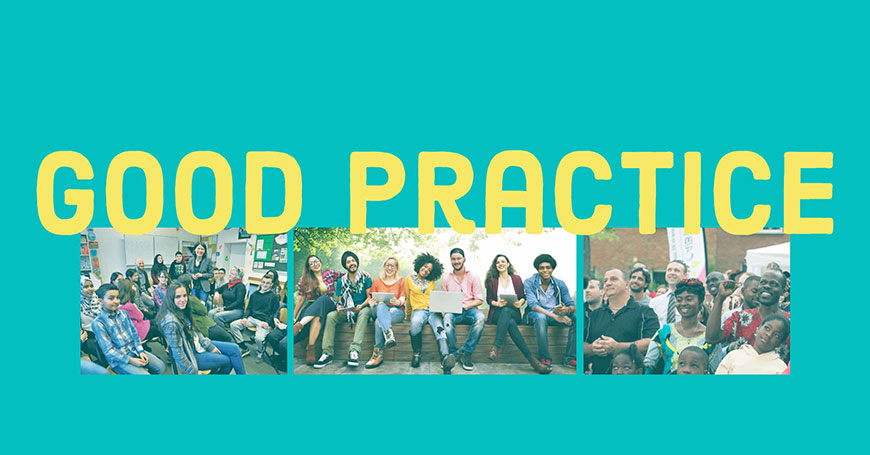Intercultural cities: good practice examples

The first step is the adoption (and implementation) of strategies that facilitate positive intercultural encounters and exchanges, and promote equal and active participation of residents and communities in the development of the city, thus responding to the needs of a diverse population. The Intercultural integration policy model is based on extensive research evidence, on a range of international legal instruments, and on the collective input of the cities member of the Intercultural Cities programme that share their good practice examples on how to better manage diversity, address possible conflicts, and benefit from the diversity advantage.
This section offers examples of intercultural approaches that facilitate the development and implementation of intercultural strategies.
Educational equality in Oslo. Tackling educational segregation through raising standards
Purpose: The aim of this project is to combat educational segregation through organizational structures, activities and curricula that increase diversity and intercultural learning in public school...
District Mothers
Purpose: Migrant mothers reaching out to and integrating other migrant mothers Stimulus/Rationale: Process: The “Stadtteilmütter” (District Mothers) project is targeted at areas under Neighbourhood...
Nachbarschaftsheim Neukölln
Purpose: Community centre that encourages active and informed citizens Stimulus/Rationale: Process: Nachbarschaftsheim Neukölln is a community centre which aims to facilitate social cohesion and...
A city international policy
Purpose: An aspiring intercultural city should have an international policy that seeks, at least in part, to promote a dynamic relationship with places of origin of major Diaspora groups. Such...
Welcoming internationals to the city
Purpose: Several years ago, the Stavanger Chamber of Commerce and Industries started a program to introduce international employees and their families to the city. The region’s Welcome Center is...
First Welcome
Purpose: The city is applying an intercultural approach to dealing with welcoming newcomers, via a two-stage process. The First Welcome deals with the basic issues of identification, certification,...
Young Mayor
Purpose: Putting power and responsibility in the hands of young people. Stimulus/Rationale: Lewisham Young Mayor is a robust attempt to put real power and responsibility in the hands of young...
School Approaches for Family Empowerment (SAFE)
Purpose: SAFE aims to reach and involve public servants, intercultural mediators, school principals and families. It has been developed to give the school a central role in the process of social...
Johannes Learning Centre - a bilingual school which teaches and hires minorities
Purpose: Johannes Learning Centre is Stavanger’s main vehicle for building language competence. Although originally all the staff were Norwegians, 40% are now of minority background. The school has...
Don’t Feed the Rumour
Fight against misconceptions, prejudices, rumours and stereotypes about migrants and the city of Amadora, and provide correct information on migration and ethnic and cultural diversity “Immigrants...


